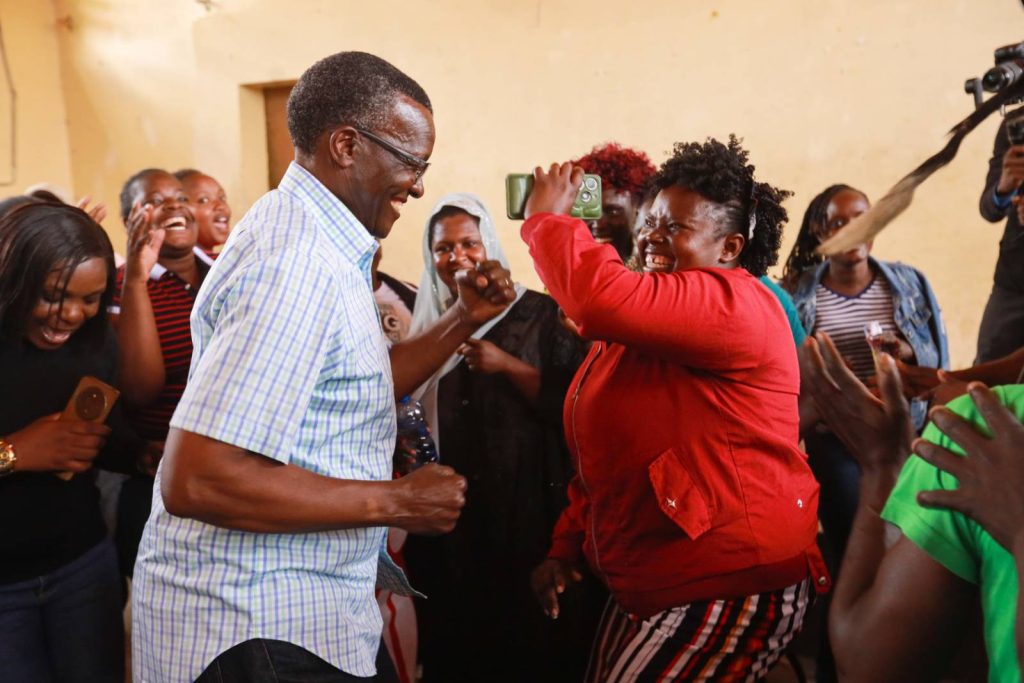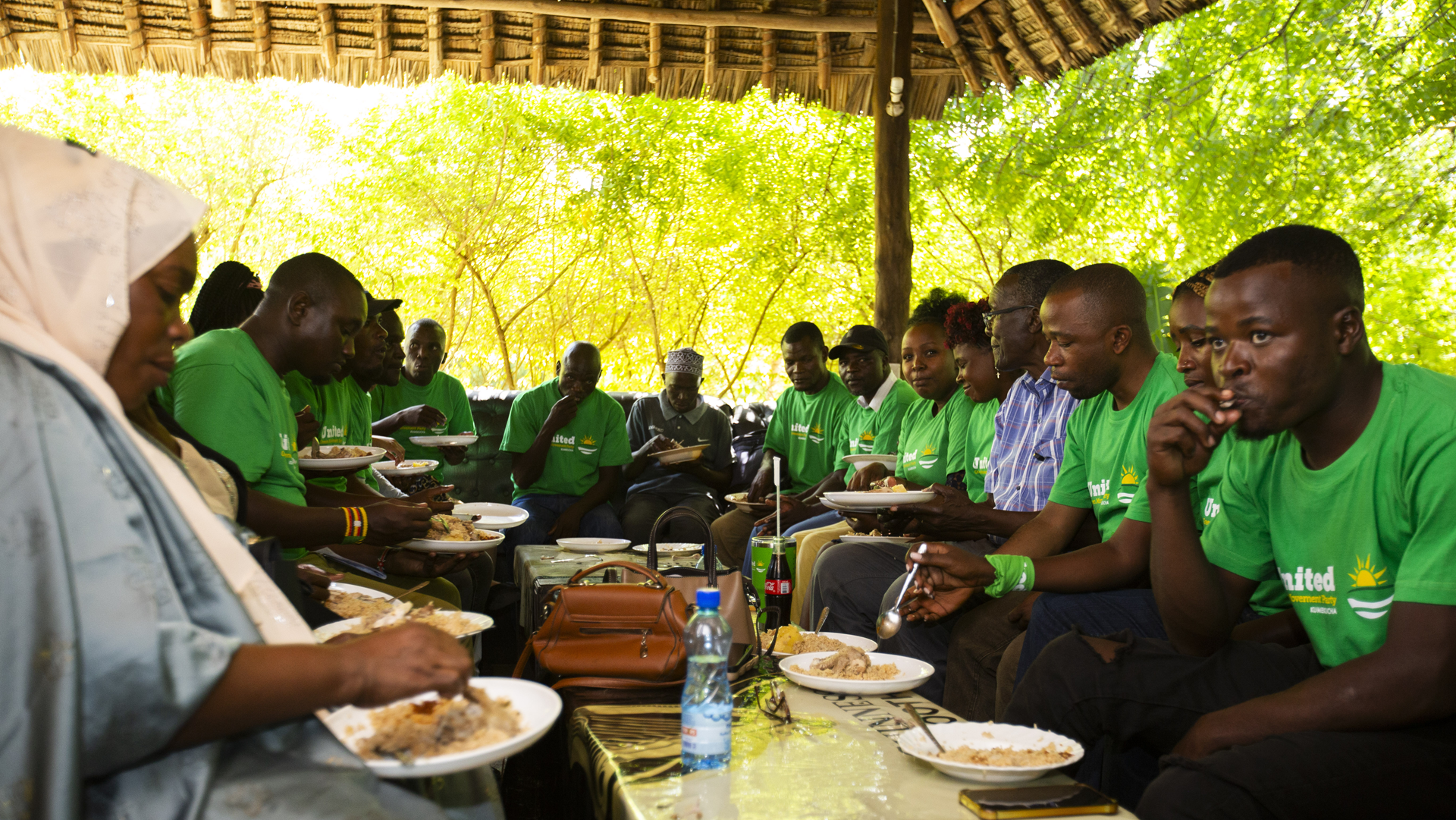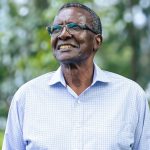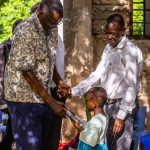“This year has not been easy for many families. The killing, maiming, and abduction of young Kenyans has put to serious test our institutions. It demands a moral response…”
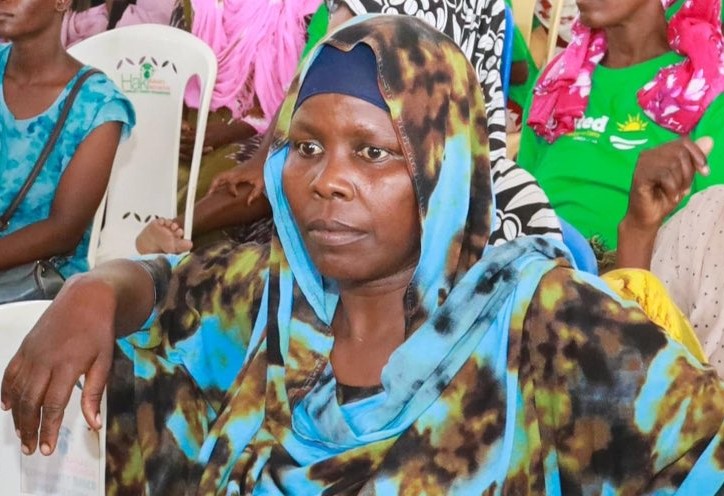
At certain moments in history, a people boldly rise and turn their backs on the old politics that has defined and destroyed their lives. They want no more of lies and promises written on morning dew. They go searching, not for a tribal kingpin to hang their splintered hopes on, but for a conscience to unite a nation. Kenya is inching toward such a moment.
Structuring a presidential campaign for someone who is not a career politician is systems work: meticulous, unglamorous, lifting brain weights in the midnight hours, but exhilarating and transformational. You build a team and get to work when the cameras are not on you.
It means crafting an ecosystem of volunteers who do not see themselves simply as vote-mobilizers for a patron, but as co-architects of a republic. They are an army of Utu when the nation needs moral muscle.
It means digital platforms that are faster than state propaganda and fundraising that flows cleanly, not through murky backrooms and cartel deals crafted to own a president. It means building power that cannot be bought, silenced, or co-opted. That is what a people’s power is.
History has shown us that nations in crisis often reach for “impossible” candidates. After the Jasmine Revolution in Tunisia where the youth pushed out the corrupt old order, they placed their faith in the elderly Beji Caid Essebsi, who steered the nation through a constitutional transition. Recently, Nepal’s young rebels lifted Sushila Karki, a former Chief Justice, precisely because she had a spine where politicians had only bellies. Liberia turned to Ellen Johnson Sirleaf, whose integrity outshone the warlords.
Perhaps one of the most inspiring transitions was former Czechoslovakia’s Velvet Revolution, led primarily by University students who put their faith in an older Vaclav Havel. Havel’s leadership saw the country through two revolutionary transitions, one where he peacefully guided the country into becoming two sovereign states. In each case, it was the youth who made the leap. Their fury against the rot found shelter in the moral authority of an elder.
Kenya’s Gen-Z protests of 2024 have already proved that young people can shake the ground. The world shifted, with US celebrities to Senators seen wearing Kenya-flag beaded bracelets to signify the triumph of people power over hegemony.
But protest energy must become political structure. Volunteer networks must pulse like veins, carrying message and action to every county and village. Digital arsenals must mobilize, educate, and fundraise with the transparency that terrifies cartels.
At this time, Kenya must realize that the real danger is believing we can survive at all as a nation without leadership with integrity and moral character. This is a critical juncture that calls for precisely the kind of leader we have in former CJ, David Maraga.
